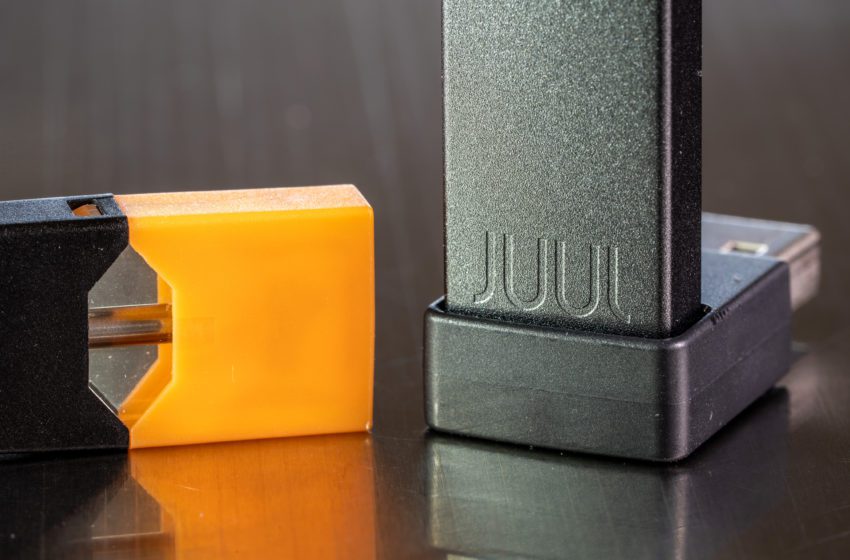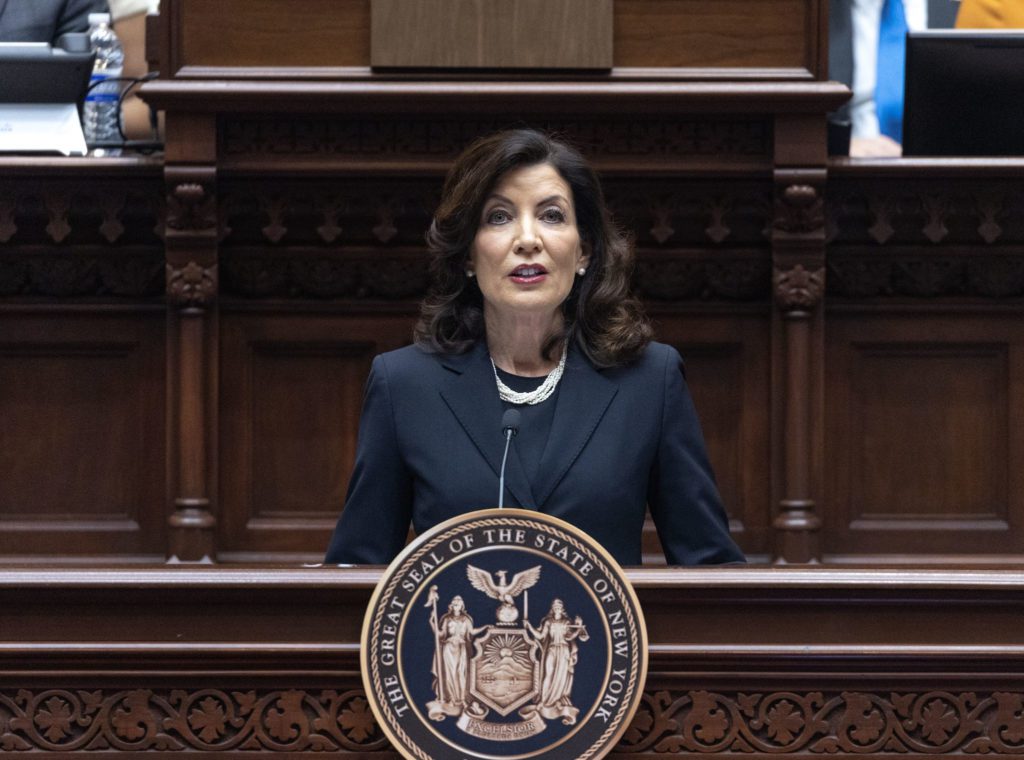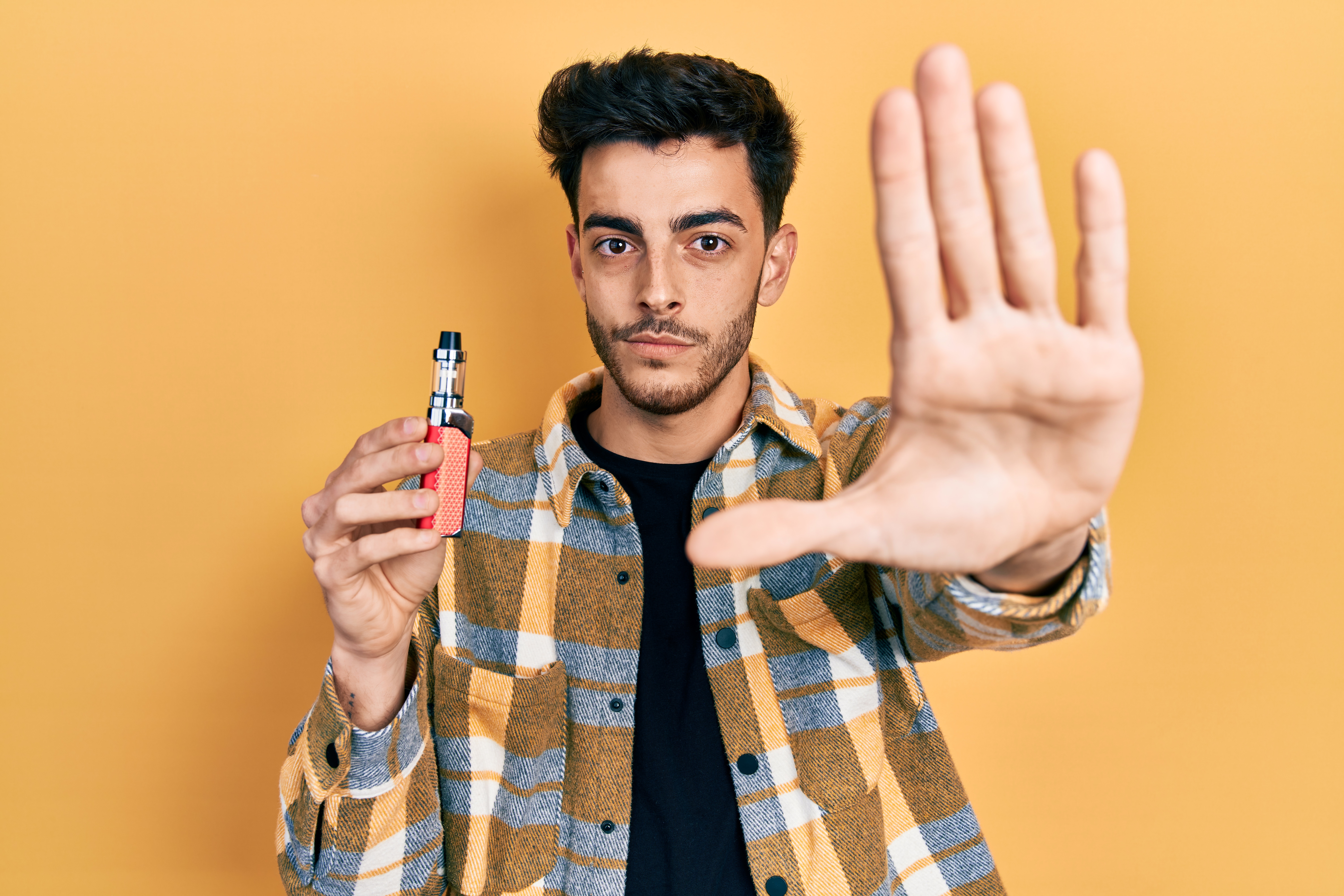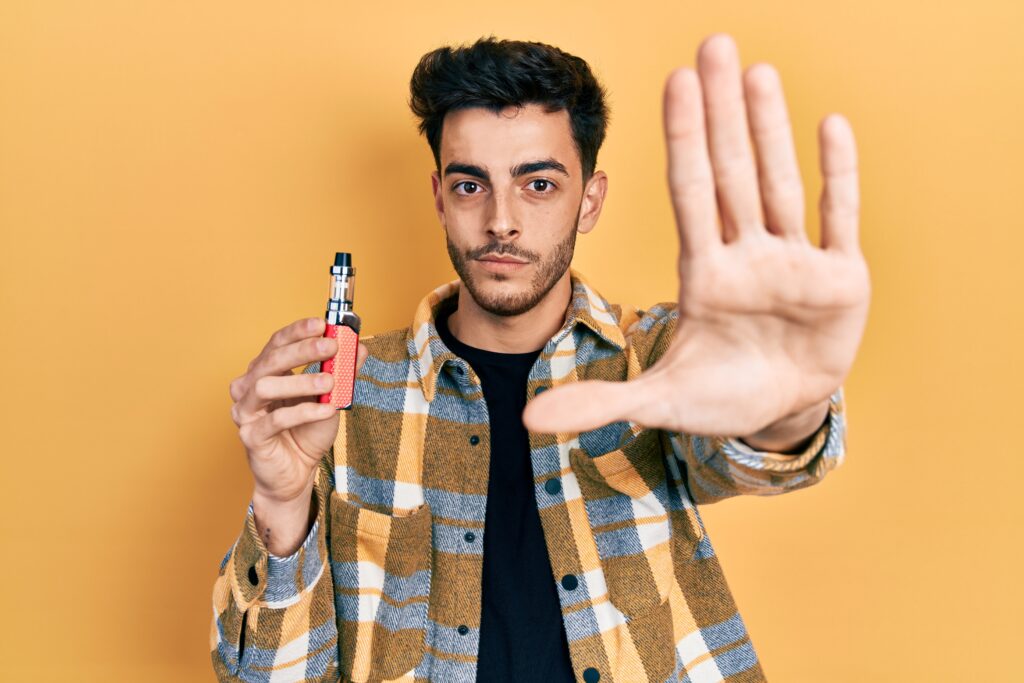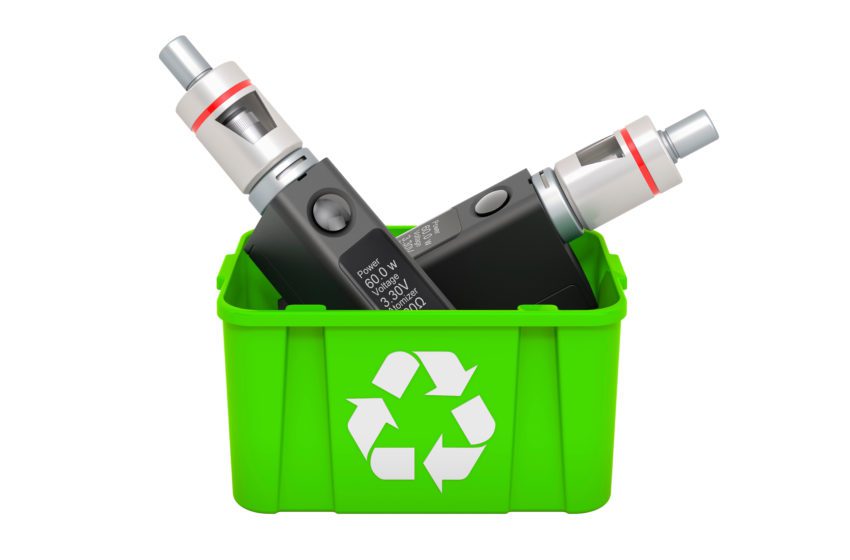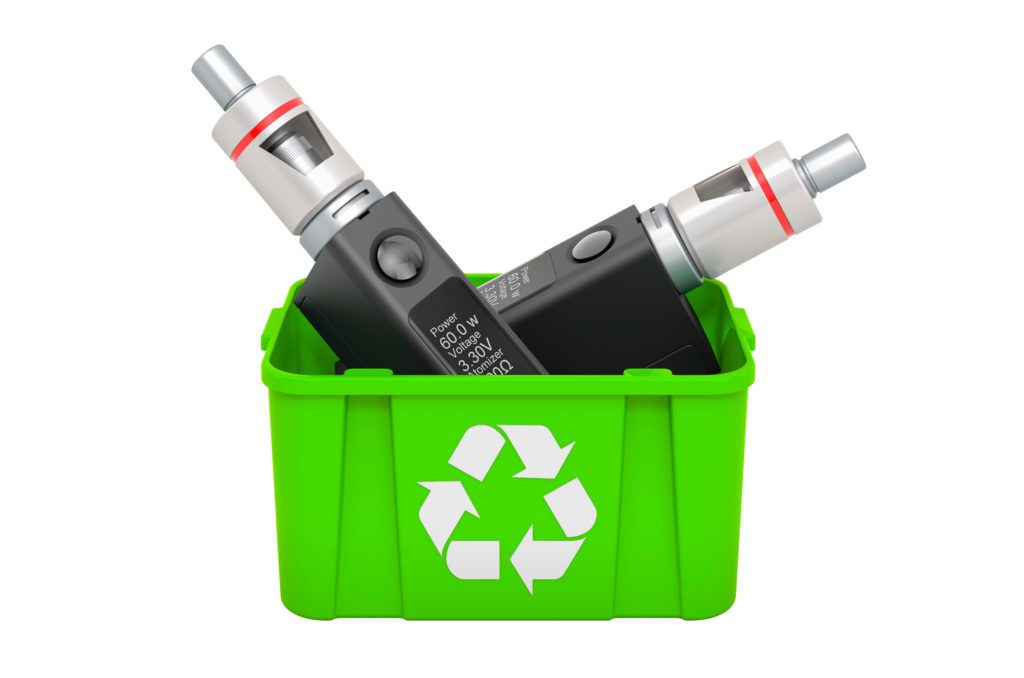The nationwide use of disposable e-cigarettes is creating a new challenge for local governments trying to figure out how to dispose of them properly. One of the main issues is that the millions of tiny, battery-powered products consumers toss in the trash every year are classified as hazardous waste.
The devices, which contain nicotine, lithium and other metals, cannot be reused or recycled. Under federal environmental law, they shouldn’t go in the trash.
“We are in a really weird regulatory place where there is no legal place to put these and yet we know, every year, tens of millions of disposables are thrown in the trash,” said Yogi Hale Hendlin, a health and environmental researcher at the University of California, San Francisco, told the Associated Press.
Cost concerns
In late August, sanitation workers in Monroe County, New York, packed more than 5,500 brightly colored e-cigarettes into 55-gallon steel drums for transport. Their destination? A giant, industrial waste incinerator in northern Arkansas, where they would be melted down.
Sending 350 pounds of vapes across the country to be burned into ash may not sound environmentally friendly. But local officials say it’s the only way to keep the nicotine-filled devices out of sewers, waterways and landfills, where their lithium batteries can catch fire.
“These are very insidious devices,” said Michael Garland, who directs the county’s environmental services. “They’re a fire risk and they’re certainly an environmental contaminant if not managed properly.”
Elsewhere, the disposal process has become both costly and complicated. In New York City, for example, officials are seizing hundreds of thousands of banned vapes from local stores and spending more than $1 each for disposal.
Hazardous waste
Vaping critics say the industry has skirted responsibility for the environmental impact of its products, while federal regulators have failed to force changes that could make vaping components easier to recycle or less wasteful.
Among the possible changes: standards requiring that e-cigarettes be reusable or forcing manufacturers to fund collection and recycling programs. New York, California and several other states have so-called extended product responsibility laws for computers and other electronics. But those laws don’t cover vaping products and there are no comparable federal requirements for any industry.
Environmental Protection Agency rules for hazardous waste don’t apply to households, meaning it’s legal for Americans to throw e-cigarettes in the garbage at home. But most businesses, schools and government facilities are subject to EPA standards in how they handle harmful chemicals like nicotine, which the EPA considers an “acute hazardous waste,” because it can be poisonous at high levels.
The lithium in e-cigarette batteries is the same highly sought metal used to power electric vehicles and cellphones. But the quantities used in vaping devices are too small to warrant salvage. And nearly all disposable e-cigarette batteries are soldered into the device, making it impractical to separate them for recycling.
Disposable e-cigarettes currently account for about 53 percent of the multi-billion U.S. vaping market, according to U.S. government figures, more than doubling since 2020.
In recent months the FDA has begun trying to block imports of several leading disposable brands, including Elf Bar and Esco Bar. Regulators consider them illegal, but they have been unable to stop their entry to the U.S. and the devices are now ubiquitous in convenience stores, gas stations and other shops.
FDA’s tobacco chief, Brian King, said in a statement that his agency “will continue to carefully consider the potential environmental impacts” of vaping products.
Money matters
Since last November, officials have seized more than 449,000 vape units, according to New York City figures. The city is spending about $1,400 to destroy each container of 1,200 confiscated vapes, but many more remain in city storage lockers.
“I don’t think anyone ever considered the volume of these in our community,” said New York Sheriff Anthony Miranda, who leads a task force on the issue. “There’s a tremendous amount of resources going into this effort.”
A recent lawsuit against four large vaping distributors aims to recoup some of the city’s costs.
For now, New Yorkers who vape can bring their used e-cigarettes to city-sponsored waste-collection events.
Ultimately those vapes meet a familiar fate: They are shipped to Gum Springs, Arkansas, to be incinerated by Veolia, an international waste management firm. The company has incinerated more than 1.6 million pounds of vaping waste in recent years, mostly unsold inventory or discontinued products.
Veolia executives say burning e-cigarettes’ lithium batteries can damage their incinerators.
Boulder finish
“Ideally we don’t want to incinerate them because it has to be done very, very slowly. But if have to, we will,” said Bob Cappadona, who leads the company’s environmental services division.
Veolia also handles e-cigarettes from Boulder County, Colorado, one of the only U.S. jurisdictions that actively tries to recycle e-cigarette batteries and components.
Beginning in 2019, county officials began distributing bins to schools for confiscated or discarded e-cigarettes. Last year, they collected 3,500.
County staffers sort the devices by type, separating those with removable batteries for recycling. Disposables are packed and shipped to Veolia’s incinerator. Shelly Fuller, who directs the program, says managing vape waste has gotten more costly and labor intensive with the shift to disposables.
“I kind of miss the days when we had Juuls and I could take each battery out and recycle them very easily,” Fuller said. “No one has time to dismantle a thousand Esco Bars.”


